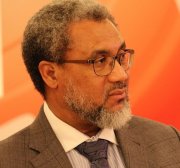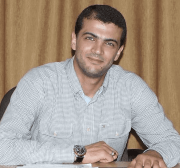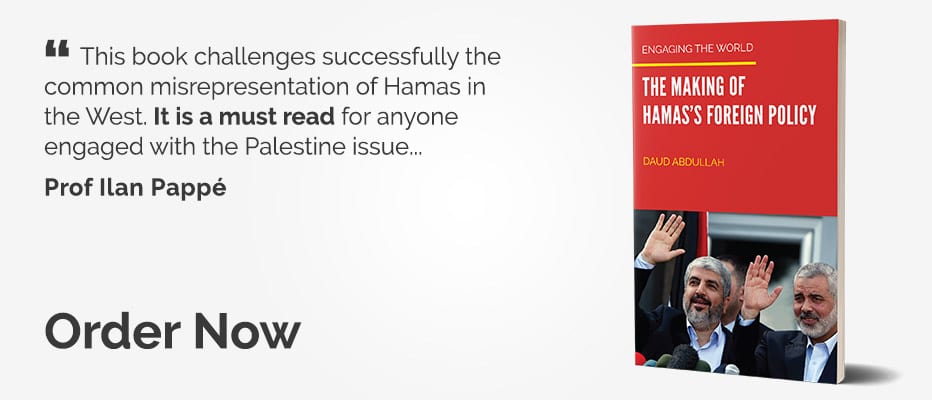During our trip to Salvador in May, we tried to contact people and institutions with information about the 19th-century slave uprisings in the Brazilian state of Bahia, especially the Malê Revolt (January, 1835).
The Beninese Yoruba heritage is remarkable in the Bahia Candomble and its Brazilian religious syncretisms. Benin tragically became known as the "Slave Coast". The Malê prompt questions about the religious-political determination of the revolt, aiming for more than just liberation; the intention was to defeat local Roman Catholicism. There are still gaps in our knowledge of the African influence on the American revolutions against slavery, the academic focus of which tends to revolve around the French Revolution.
We needed to interview the griot Nanci de Souza Silva, otherwise known as Grandma Cici. She is a storyteller bearing traditional knowledge and oral memory from a Candomble branch with Black Islamic influences preserved over generations in its rites and rituals. Cici spearheads the Yoruba Candomble of Obatalah, the orisha believed to have created humanity. She has extensive knowledge linking the old ways of the Malê with current religious rites.
READ: Brazil expresses concern over settlement expansion, escalating violence against Palestinians
We met her courtesy of the Pierre Verger Foundation. Verger was a photographer, anthropologist, travelling ethnologist and Afro-Brazilian culture researcher who died in 1996 aged 93. He had a lifelong passion for African religions, and his studies led him to become a spiritual mentor to Grandma Cici. She worked with Verger from 1992 to his death and helped to catalogue over 11,000 historic photographs of Afro-Brazilian religious rites with roots in Togo, Ghana, Nigeria and North Africa.
Before our conversation, we toured Verger's humble house and its immense archive of photographs and negatives, books, documents and memorabilia. Cici lived in that house for years, and she now works for the foundation, where she welcomed our MEMO group.
![Archive photo of the Pierre Verger Foundation [Reproduction]](https://i0.wp.com/www.middleeastmonitor.com/wp-content/uploads/2023/07/pier3-423x423-1.webp?resize=423%2C333&quality=85&strip=all&zoom=1&ssl=1)
Archive photo of the Pierre Verger Foundation [Reproduction]
Here are extracts from our conversation:
MEMO: As the descendant of enslaved Africans, and given the systematic burning of many official documents, can you tell us a bit about your ancestors?
Grandma Cici: I am 84 years old. I was born in Rio de Janeiro. My family name is "Souza", which I share with the worst human trafficker ever known. His name was Francisco Felix de Sousa, with an "s", but he wanted to keep himself apart from the slaves he sold, so he used a "z" to identify them. That is my family name.
What do you know about him?
I was in Benin four years ago. I visited the capital city of Porto-Novo, where I saw several stone inscriptions with his name. The Sousas were the most powerful family in Benin. I visited the place where he kept their slaves.
What did you think of Benin?
It is a beautiful country, with several mosques in Porto-Novo, which means New Port Town. As I used to hear the call for prayers, I prayed with them. Every day I prayed for Obatalah.
You often relate your Candomble heritage with the Malê. Why?
We follow Obatalah, an orisha of Arab influence. He is in our white garment, always white. Oba means great king, and Ala also means calm. Our white clothes express the peace and serenity of Allah.
![Photo by Pierre Verger at the Tomie Otake Institute in São Paulo, Brazil, 2021 [Reproduction]](https://i0.wp.com/www.middleeastmonitor.com/wp-content/uploads/2023/07/20210812_Pierre_verger_destaque.webp?resize=500%2C333&quality=85&strip=all&zoom=1&ssl=1)
Photo by Pierre Verger at the Tomie Otake Institute in São Paulo, Brazil, 2021 [Reproduction]
Is there any practical or symbolic evidence of an Islamic legacy?
From birth to death, we cover ourselves with a white cloth, representing our praise to Obatalah. When we were born, we lay in a white piece of fabric in Obatalah's house. This cloth stays with us until nightfall, and it is the same when we die, as we wrap the deceased in a white cloth. During our lifetime, we wear it on our head, like a turban. The 19th century Black Muslim women wore it likewise, with loose ends at the side. When the Nago women danced, they also wore it like that, with clipped ends. Another common practice is that Obatalah novices cannot eat pork.
And what about Obatalah's worship? Do you see a connection?
The Obatalah week has four days, and we save every Friday, from Thursday sundown to Saturday sunrise. We pray every night at 3:30 a.m. I do it every day. We sleep and wake up in our house of worship every first Friday of the month. We bathe, then we pray. Furthermore, we pray every day for world peace; every day.
Is such an influence transmitted in your family?
My grandson's name is Allabi. This is a Yoruba word meaning "guarded by God".
READ: Report: Slavery prevalent in Saudi, UAE, Turkiye
What can we learn about the Malê resistance from the oral tradition?
The Malê lived in an area reaching from Campo Grande to the Barra Lighthouse. They were expensive slaves because they could read and write. Some free Muslims brought them their first laws and codes. When freed, they would buy other slaves of the Islamic faith. Then, they would set up a shop and give the workers a part of the earnings so that they could also buy their freedom.
So there were several organised ways to get freed?
The Malê founded the Union of the Neglected [people], collecting money and funding their activities. It was the first such endowment in the Americas, and they began to earn resources for their liberation. If you look at some old photos of the society — which still exists — everyone was Black, with a distinctive beard. When the enslaved Muslims rose in the Malê Revolt, unfortunately the authorities deported most of the survivors.

![Grandma Cici received the title of Honourable Citizen at the City Council of Salvador, Brazil [Reproduction]](jpg/my-project-1-4c032.jpg)



